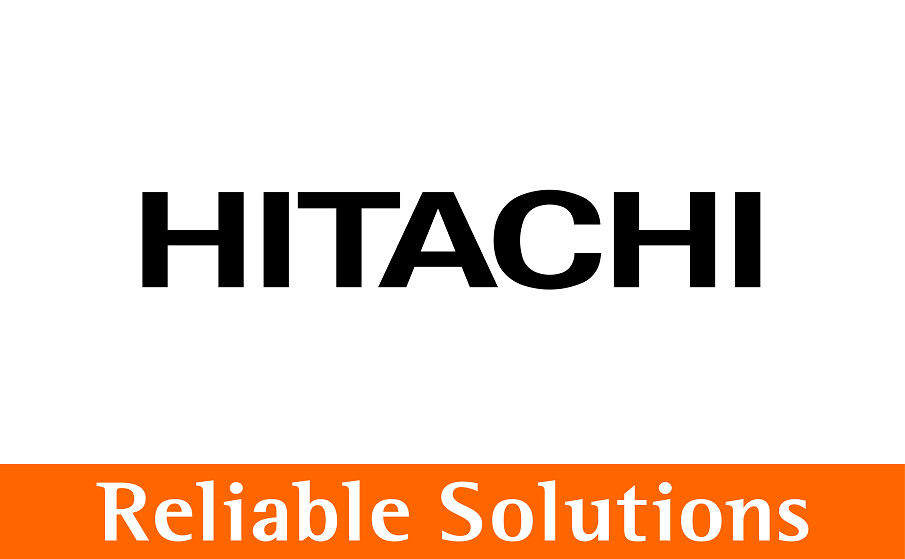Corporate Governance
Basic policies on corporate governance
The Codes of Conduct of Hitachi Construction Machinery Group consist of rules and principles which provides officers and employees with standards in making decisions and taking actions. Hitachi Construction Machinery Group states its Codes of Conduct as the basic policies of its corporate governance.
Basic Concept
The Company recognizes that sustainability is an important management issue, and that, in addition to improving business performance, the purpose of corporate governance is to deeply acknowledge that a company is a member of society which must devote itself to fair and transparent corporate behavior. By extension, the Company believes that this will lead to an increase in corporate value and a further increase in shareholder value.
Therefore, the Company establishes an execution system that will enable the development of management strategies both powerfully and swiftly, and in order to realize fair and transparent management, the Company has adopted the organizational structure of a “company with the Nominating Committee, etc.”, as stipulated in Article 2, Item 12 of the Companies Act aiming to strengthen its corporate governance by separating the management supervision functions and the business execution functions.
In addition, the Codes of Conduct of Hitachi Construction Machinery Group, is positioned as the basis of the brand and sustainability promotion activities, and the Company works to share an understanding of the social responsibilities that companies must fulfill.
Corporate governance system
Hitachi Construction Machinery Group has adopted a corporate organizational system based on a structure for company with Nominating Committee, etc., as defined in the Companies Act, with the aims of ensuring highly fair and transparent management while building an operational system that facilitates the prompt and sound execution of management strategy. The Company has greatly strengthened its system of corporate governance through this separation of management oversight from business execution. The Board of Directors comprises ten (10) Directors, of which seven (7) are Outside Directors (five (5) male and two (2) female). The Representative Executive Officer and Executive Officers, who are authorized to do so by the Board of Directors, have the right to make decisions on business execution and execute work in accordance with the Company’s basic management policies. The Board of Directors decides the responsibilities and duties of the Executive Officers, matters regarding supervision and authority, and the mutual relationships among the Executive Officers. An Executive Committee (convening twice a month, in principle), comprising all the Executive Officers has been established as a consultative organ for the Chief Executive Officer (CEO) in making business decisions. The Executive Committee exercises control regarding important matters related to the management of the Company’s operations.
Relationship with the major shareholders
There are ten (10) Directors in the Company, of which one director is the representative director of HCJI Holdings, Ltd. and another serves as the COO of Social Infrastructure Systems business unit, Hitachi, Ltd. As a result, those major shareholders are able to exert influence on decisions on the Company’s management policy through the views expressed by these Directors at Board meetings. Nevertheless, there are five (5) Outside Directors who have been reported to the Tokyo Stock Exchange as independent officers. Therefore, the Company is in a position to be able to make its own management decisions. In addition, the Company entered into the contract for capital alliance with HCJI Holdings, Ltd., and a license agreement regarding the Hitachi brand with Hitachi, Ltd. Also, there are business relationships such as product sales with Hitachi, Ltd. group companies.
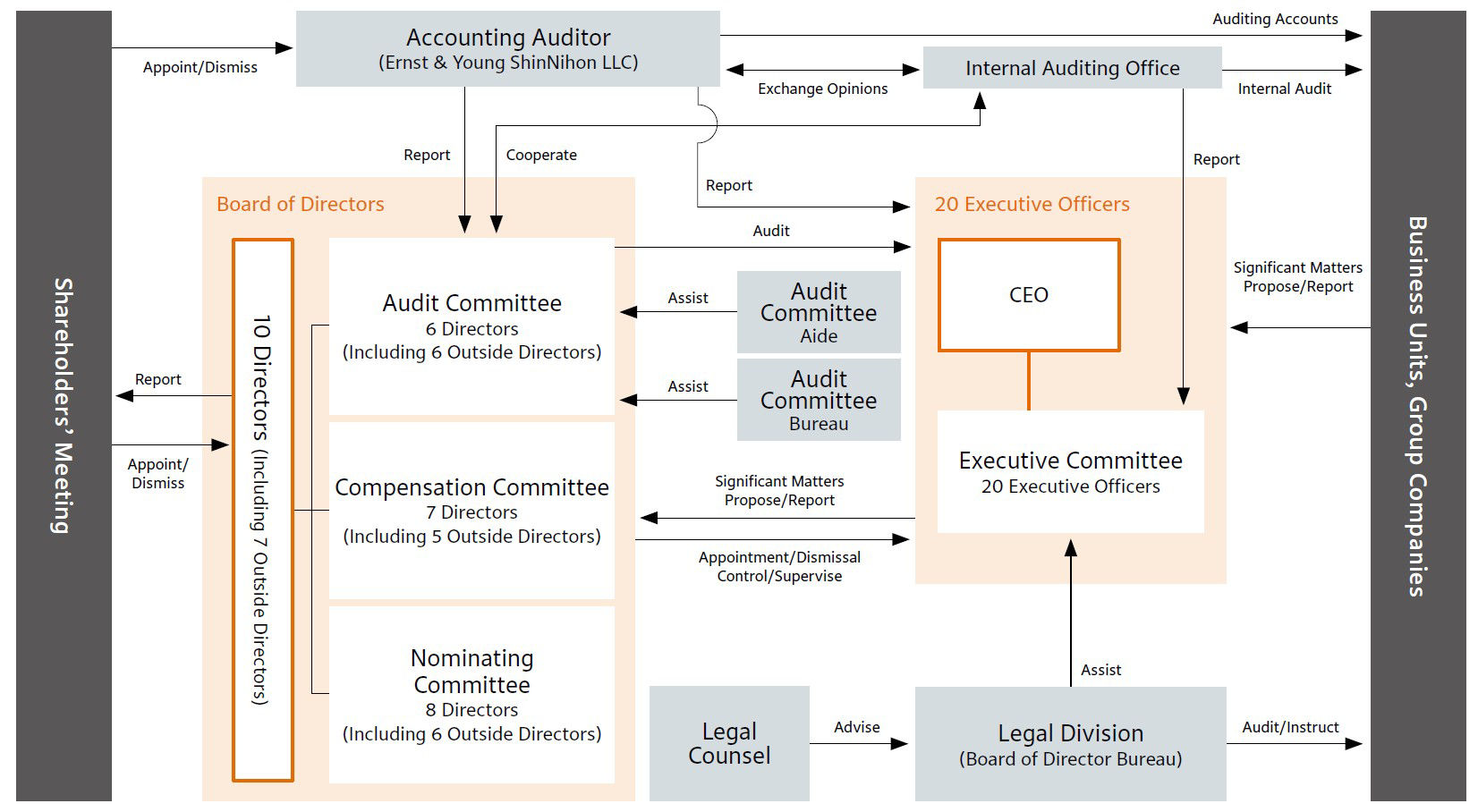
Policy on determining the details of compensation for Directors and Executive Officers
1. Method for determination of policies
The compensation Committee of the Company sets forth the policy on the determination of the amount of compensation for individual Directors and Executive Officers pursuant to the provision of the Companies Act applicable to companies with nominating committees, etc.
2. Overview of the Policy
(i) Matters relating to both Directors and Executive Officers
Compensation will be commensurate with the scope and range of the Company’s business, the ability required of, and the responsibilities and risks to be borne by, the Company's Directors and Executive Officers, taking into consideration compensation packages at other companies.
(ii) Director
Compensation for Directors consists of a monthly compensation.
- Monthly compensation shall be set as a fixed amount in light of the duty that is the supervisory function. The level of payment is determined in accordance with a full-time or part-time basis, basic salary, allowance for committee members for committees to which the Director belongs and his or her position.
In case of Directors who also serve as Executive Officers, compensation as a Director is not paid.
(iii) Executive Officer
Compensation for Executive Officers consists of a monthly compensation, performance-linked bonus and restricted stock compensation.
a. Monthly compensation: Standard amounts are set according to job positions and fixed amounts are paid in cash every month.
b. Performance-linked bonus: The standard amount for performance-linked bonus shall fluctuate depending on the degree of achievement of standard performance targets and achievement of individual roles. The fluctuation range is about 0 to 200%. Performance-linked bonus is paid in cash in June every year.
The evaluation indicators and composition ratios of performance-linked bonus are as follows.
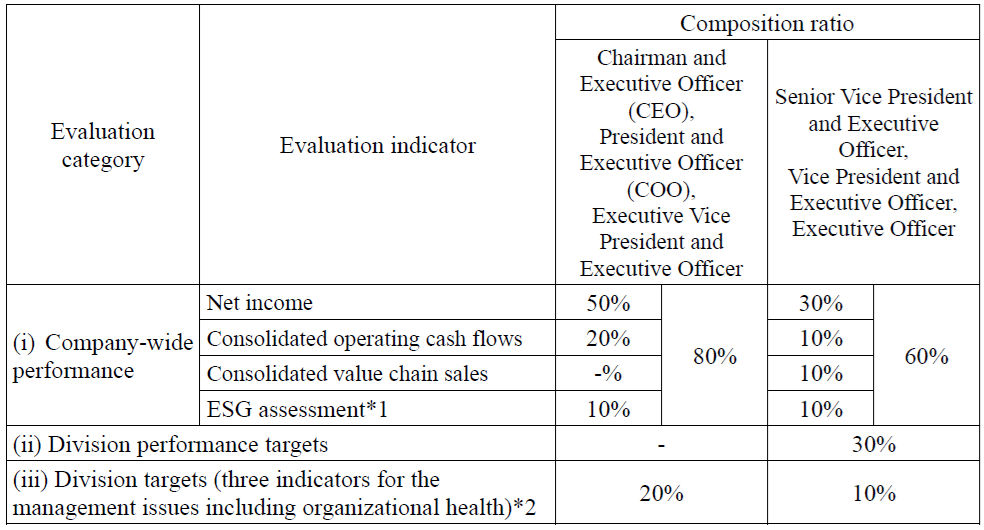
*1 ESG assessment is a comprehensive evaluation of CDP’s climate change and water security, Dow Jones Sustainability Indices (DJSI) selection, and progress on CO2 reduction rates in the production activities and use of our products.
*2 Organizational health is an indicator that assesses the health of an organization from various perspectives, including employee engagement and diversity & inclusion.
* For foreign Executive Officers, standard compensation is set according to the benchmarks of compensation levels of the country or region in question from the viewpoint of retaining capable personnel, taking into account the competitiveness of the compensation.
c. Restricted stock compensation: The Company grants restricted stock at a certain time every year as non-monetary compensation to Executive Officers for the purpose of providing incentives for them to continuously improve corporate value over the medium to long term, and to promote further value sharing with shareholders. The transfer restriction period of the granted stock shall be from the date of allotment until the retirement from their position as the Company’s Executive Officer, etc., and the restrictions on the transfer shall be, in principle, lifted upon the expiry of the transfer restriction period, provided that a person eligible for the allotment has continued to serve in their role as the Company’s Executive Officer, etc., from the beginning of the fiscal year in which the stock was granted until the end of the same fiscal year. Persons eligible for the allotment shall be Executive Officers residing in Japan. The Company provides monetary claims as compensation relating to restricted stocks to the eligible Executive Officers, based on a resolution by the Company’s Compensation Committee, taking into consideration the purpose of the plan, the Company’s business conditions, the scope of the eligible Executive Officers’ responsibilities, and other factors.
(iv) Ratios of compensation by type are as follows.

Directors and Executive Officers (as of June 23, 2025)
Directors
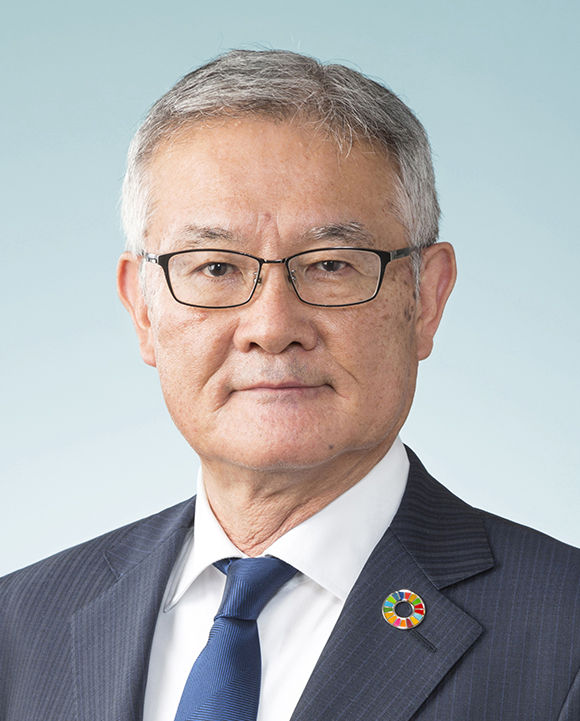
Director, Chairman of the Board
Kotaro Hirano
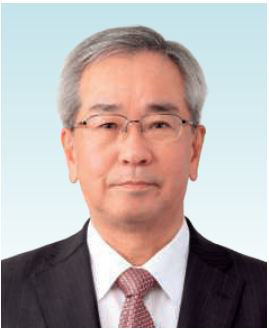
Outside Director
Masaaki Ito
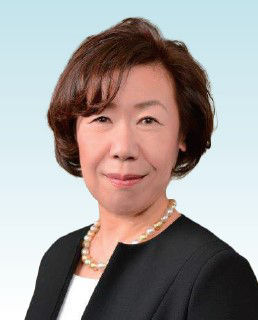
Outside Director
Toshiko Oka
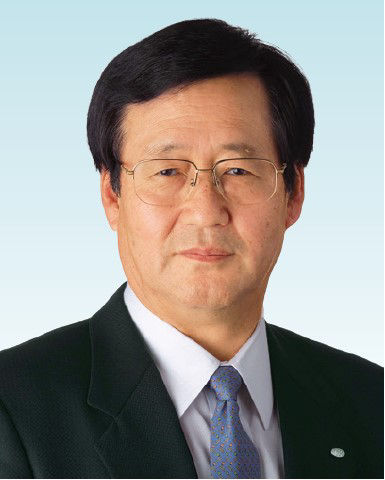
Outside Director
Kazushige Okuhara
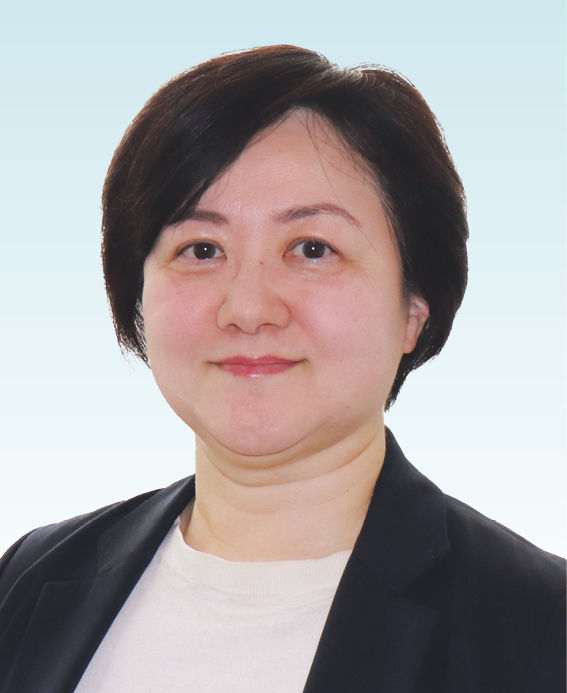
Outside Director
Kiyomi Kikuchi

Outside Director
Joseph P. Schmelzeis, Jr.
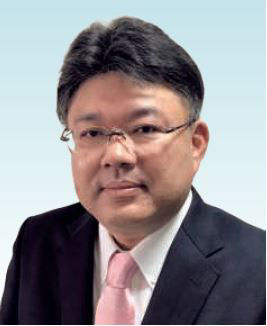
Outside Director
Takeshi Fujisawa
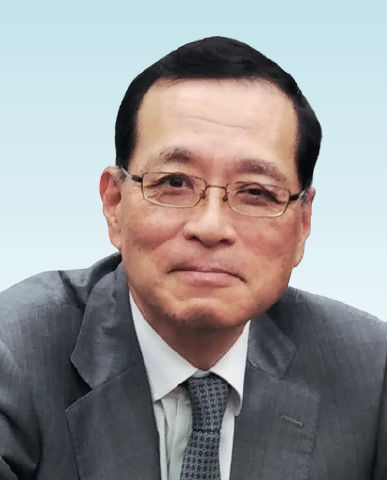
Outside Director
Hidemi Moue
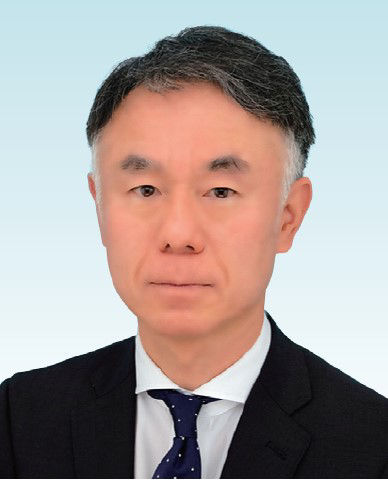
Director
Keiichiro Shiojima
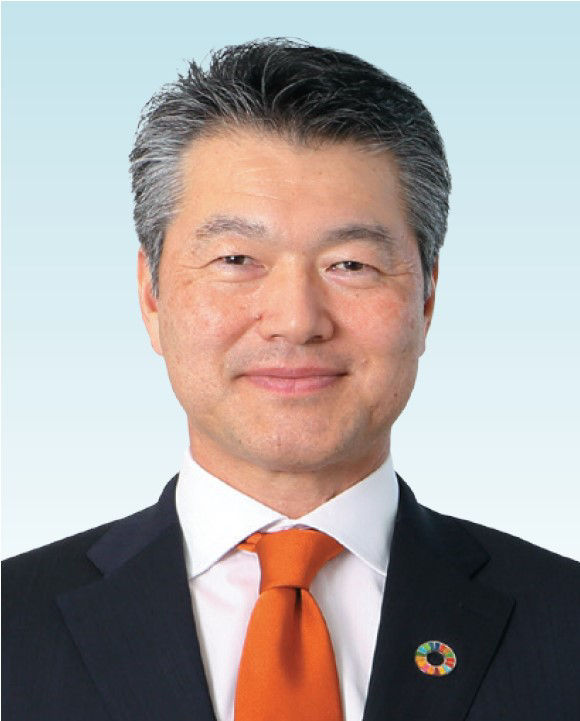
Director
Masafumi Senzaki
Executive Officers
| Representative Executive Officer, Chairman and Executive Officer, CEO | Kotaro Hirano |
| Representative Executive Officer, President and Executive Officer, COO | Masafumi Senzaki |
| Representative Executive Officer, Executive Vice President and Executive Officer | Yusuke Kajita |
| Senior Vice President and Executive Officer, CTO | Itaru Nishizawa |
| Senior Vice President and Executive Officer | Hidehiko Matsui |
| Vice President and Executive Officer, CFO | Keiichiro Shiojima |
| Vice President and Executive Officer | Kazunori Nakamura |
| Vice President and Executive Officer | Yoshihiro Narukawa |
| Vice President and Executive Officer, CRO | Tetsuya Hamabe |
| Vice President and Executive Officer | Eiji Fukunishi |
| Executive Officer, CSO | Takeshi Arai |
| Executive Officer | Kazuhiro Ichimura |
| Executive Officer | Hiroshi Kanezawa |
| Executive Officer, CHRO | Makoto Sawada |
| Executive Officer | Tooru Takatani |
| Executive Officer, CDIO | Seimei Toonishi |
| Executive Officer | Hiroshi Hosokawa |
| Executive Officer | Satoshi Yamanobe |
| Executive Officer | Ray Kitic |
| Executive Officer | Sandeep Singh |
Reasons for appointing Outside Directors
Masaaki Ito has, as the top executive of an international manufacturing company, experience in production and research and development as well as deep insight in the fields of corporate planning, CSR, etc. The Company appointed him as an Outside Director so that he can provide advice on the Company’s overall management and supervise the execution of duties by Executive Officers from an independent position, utilizing his extensive experience in business and management. Mr. Ito is a constituent member of the Nominating Committee, Compensation Committee and the Audit Committee.
Toshiko Oka has experience as the top executive of a consulting firms, knowledge and deep insight in M&A and human resource development. The Company appointed her as an Outside Director so that she can provide advice on the Company’s overall management and supervise the execution of duties by Executive Officers from an independent position, utilizing her extensive experience in business and management. Ms. Oka is a constituent member of the Nominating Committee, Compensation Committee and the Audit Committee.
Kazushige Okuhara has experience as the top executive of a global company, extensive knowledge and deep insight ranging from personnel and labor policy to sales and services. The Company appointed him as an Outside Director so that he can provide advice on the Company’s overall management and supervise the execution of duties by Executive Officers from an independent position, utilizing his extensive experience in business and management.
Mr. Okuhara is a constituent member of the Nominating Committee, Compensation Committee and Audit Committee.
Kiyomi Kikuchi has experience in the field of law and knowledge on legal affairs, compliance and M&As, as well as knowledge and deep insight in the field of global business. The Company appointed her as an Outside Director so that she can provide advice on the Company’s overall management and supervise the execution of duties by Executive Officers from an independent position, utilizing her extensive experience in management and her insight. Ms. Kikuchi is a constituent member of the Nominating Committee and Audit Committee.
Joseph P. Schmelzeis, Jr. has, in addition to the management experience in a global company, extensive experience in including launching venture business, as a strategic consultant, and striving to promote friendly relations between the United States and Japan as Senior Advisor to the Ambassador at the U.S. Embassy in Japan. The Company appointed him as an Outside Director so that he can provide advice on the Company’s overall management and supervise the execution of duties by Executive Officers from an independent position, utilizing his extensive business experience and knowledge of geopolitics. Mr. Schmelzeis is a constituent member of the Nominating Committee, Compensation Committee and Audit Committee.
Takeshi Fujisawa has experience in information and communications systems and digital fields in the Hitachi Group, as well as experience and deep insight as a top executive. The Company appointed him as an Outside Director as he will be able to contribute to further strengthening the Company’s management structure and increasing its corporate value over the medium to long term by utilizing his extensive experience and knowledge of business and management to provide advice on the Company’s overall management. Mr. Fujisawa is a constituent member of the Audit Committee.
Hidemi Moue has experience as the top executive of fund management firms, and knowledge and deep insight on finance and M&A fields. The Company appointed him as an Outside Director as he will be able to contribute to further strengthening the Company’s management structure and increasing its corporate value over the medium to long term by utilizing his extensive experience and knowledge of business and management to provide advice on the Company’s overall management. Mr. Moue is a constituent member of the Nominating Committee and Compensation Committee.
The five (5) of Masaaki Ito, Toshiko Oka, Kazushige Okuhara, Kiyomi Kikuchi and Joseph P. Schmelzeis, Jr. are Independent Directors based on the provision of Tokyo Stock Exchange, Inc.
- The Nominating Committee has the authority, etc. to determine proposals submitted to the shareholder’s meetings for the election and dismissal of the Directors. The Nominating Committee comprises 8 persons in total: Outside Director Kazushige Okuhara, who is the chair, 5 Outside Directors made up of Masaaki Ito, Toshiko Oka, Kiyomi Kikuchi, Joseph P. Schmelzeis, Jr. and Hidemi Moue, and President and Executive Officer Masafumi Senzaki and Chairman and Executive Officer Kotaro Hirano.
- The Audit Committee has the authority to audit of the execution of duties of Directors and Executive Officers and to determine proposals submitted to the shareholder’s meeting for the election and dismissal, etc. of accounting auditors. The Audit Committee comprises 6 persons in total: Outside Director Toshiko Oka, who is the chair, 5 Outside Directors made up of Masaaki Ito, Kazushige Okuhara, Kiyomi Kikuchi, Joseph P. Schmelzeis, Jr. and Takeshi Fujisawa.
- The Compensation Committee has the authority, etc. to determine compensation for respective Directors and Executive Officers. The Compensation Committee comprises 7 persons in total: Outside Director Kazushige Okuhara, who is the chair, 4 Outside Directors made up of Masaaki Ito, Toshiko Oka, Joseph P. Schmelzeis, Jr. and Hidemi Moue, and President and Executive Officer Masafumi Senzaki and Chairman and Executive Officer Kotaro Hirano.
As of June 23rd, 2025, Board of Directors consists of 7 Outside Directors (including 2 female Directors and 1 foreign Director) out of 10 Directors. The Audit Committee is comprised of a majority of independent Outside Directors to strengthen its supervisory function. In addition, Outside Directors serve as chairpersons of the Nomination, Audit, and Compensation Committees, and the Company strive to ensure highly objective and transparent management.
Corporate Governance Guidelines
Corporate Governance Report
Framework for Strengthening Governance
Ensuring tax transparency
In January 2016, the Hitachi Construction Machinery Group established regulations on tax related matters covering the entire Group, and carries out tax risk management to address the globalization of its operations. Within the securities report of the Company, it discloses corporate tax and other tax obligations for the Hitachi Construction Machinery Group and also discloses information on factors behind variance with the effective statutory tax rate to ensure full tax transparency.
The Hitachi Construction Machinery Group continues to implement these measures to fulfill its tax obligations with a focus on fairness in all of the regions where it conducts business and complies with the spirit and tax laws applied in those countries and regions.
Hitachi Construction Machinery Group Rules for Global Tax Management
- Group companies strictly comply with all relevant laws and implement tax management when pursuing their business activities, bearing in mind such international tax-compliance standards as the Transfer Pricing Guidelines for Multinational Enterprises and Tax Administrations of the Organization for Economic Co-operation and Development (OECD※1), as well as that body’s Action Plan on Base Erosion and Profit Shifting (BEPS※2).
- Group companies effectively, continually, and proactively manage tax-related issues as socially responsible organizations, while maintaining their brand value and seeking to maximize shareholder value.
- Group companies build sincere and positive relations of trust with the tax authorities in the regions where the companies do business, and strive to maintain and develop those relations.
※1OECD : Organization for Economic Co-operation and Development
※2BEPS : Base Erosion and Profit Shifting
